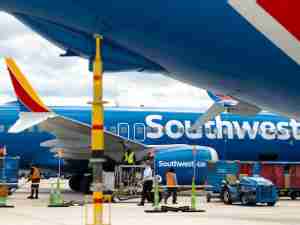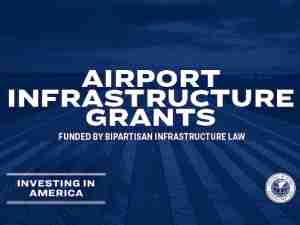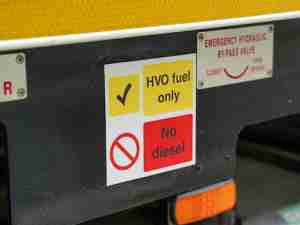Delta buys Virgin Atlantic stake to boost London access
posted by AJOT | Dec 11 2012 at 07:00 PM | Air Cargo
Delta Air Lines will buy Singapore Airlines’ 49 percent stake in Virgin Atlantic for $360 million and has agreed to a transatlantic joint venture with the British carrier, expanding Delta’s access to London’s Heathrow airport and increasing competition in that crucial business market.
The partnership, which is subject to government approval, would allow both carriers to expand their network at Heathrow, where slot constraints have limited growth. It will be similar to the arrangement operated by American Airlines and British Airways since 2010.
Delta “wants to dominate the biggest business market in the world, which is New York,” said Ray Neidl, an analyst with Maxim Group. “You can’t really dominate that without having a strong presence in the second-biggest market, which is Heathrow.”
Under the joint venture announced on Tuesday, Delta and Virgin would share costs and revenues on routes between Britain and North America. The two carriers will operate a total of 31 peak-day round-trip flights between Britain and all of North America, 23 of which operate at London Heathrow.
Market Share Potential
For Delta, the second-largest U.S. airline by revenue after United Continental, the deal brings the potential to boost its transatlantic market share by drawing more customers who pay higher fares at London’s Heathrow, a lucrative hub where landing slots are generally hard to acquire.
Heathrow, Europe’s busiest airport, is operating at close to full capacity after Britain’s coalition government blocked its expansion in 2010.
Delta Chief Executive Richard Anderson, told a New York press conference on Tuesday that the new joint venture would hold a 24 to 25 percent share of the cross-Atlantic market.
Delta has acquired stakes in Grupo Aeromexico and Brazil’s Gol Linhas Aereas over the past year, and has long hoped for more access at Heathrow to help complement the major hub it is building in New York.
The Delta-Virgin Atlantic agreement will include a total of nine daily round-trip flights from London Heathrow to John F. Kennedy International Airport in New York and Newark Liberty International Airport in New Jersey.
British entrepreneur Richard Branson plans to retain his 51 percent stake in Virgin Atlantic and maintain the brand of the airline he founded in 1984, though Neidl said that too could change eventually.
“Even though Branson says he doesn’t want to sell his 51 percent, down the road there’s always the possibility that Air France, Delta’s partner, could come in and buy that,” he said.
The tie-up with Delta will be a shot in the arm for Virgin Atlantic, the second-largest carrier at Heathrow after IAG’s
British Airways. It has been battered by rising fuel prices and the euro zone crisis. It lost 80 million pounds ($128 million) in its last full year.
“BA will likely face keener competition from the Delta/Virgin Atlantic combination, but consolidation in the airline industry is still a positive,” said Espirito Santo analyst Gerald Khoo.
The airlines said they would file an application with the U.S. Department of Transportation and said the deal would also need to be reviewed by antitrust officials at the U.S. Department of Justice and the European Union’s competition regulator.
Singapore Airlines bought 49 percent of Virgin Atlantic for $965 million in 1999, but had written off the investment and has been open to selling its stake since at least mid-2011.
Singapore Airlines has been refocusing on its key markets where it is under pressure from budget airlines, launching its own budget carrier, Scoot, to ply Asian middle-distance routes and bolstering its Asian regional carrier, SilkAir. (Reuters)









